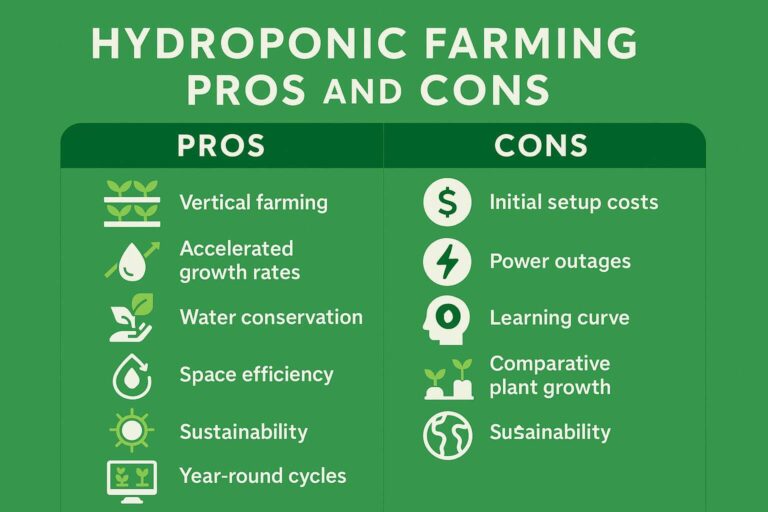Deer are a common sight in many parts of the world, including suburban and rural areas. While these graceful creatures can be a delight to observe, they can also be a significant nuisance when it comes to gardens and landscaping. One popular and environmentally friendly method that has gained attention in recent years is the use of coffee grounds to deter deer from feasting on plants. In this comprehensive article, we’ll explore whether coffee grounds are truly effective in keeping deer away from your cherished plants.
Understanding the Deer Problem
Before diving into the effectiveness of coffee grounds, it’s important to understand the nature of the deer problem in your area. Deer are herbivores, and they are notorious for nibbling on a wide variety of plants. In suburban and rural areas, they can cause considerable damage to gardens, ornamental plants, and crops. Many gardeners and homeowners are constantly on the lookout for safe and effective methods to protect their green spaces from these voracious grazers.
The Coffee Grounds Theory
The idea of using coffee grounds to deter deer is based on a few key principles:
- Scent Deterrence: Coffee grounds are rich in caffeine, which has a strong and somewhat bitter scent. It is believed that deer, with their highly sensitive sense of smell, find the odor of caffeine unpleasant.
- Texture Discomfort: Coffee grounds have a granular texture that some believe might be uncomfortable for deer to walk on. The idea is that the sensation of walking on the rough grounds could deter them from entering certain areas.
- Nutrient Repellent: Coffee grounds can be high in nitrogen, and there’s a theory that deer might be put off by the presence of this nutrient. Some gardeners think that deer will avoid areas with an abundance of nitrogen-rich coffee grounds.
What Do Experts Say?
While the coffee grounds theory has gained popularity among gardeners, it’s essential to consider the perspective of experts and researchers in the field. Scientific studies on the effectiveness of coffee grounds as a deer deterrent are limited, but there are some insights to draw from:
- Mixed Results: Some experts and researchers have conducted experiments to test the effectiveness of coffee grounds as a deer repellent. Results have been mixed, with some studies suggesting that coffee grounds may have a limited deterrent effect, while others found no significant impact on deer behavior.
- Scent Disruption: The scent of caffeine in coffee grounds may indeed be unpleasant to deer. However, it’s worth noting that deer have highly adaptive senses, and they can become accustomed to odors over time. This means that any initial deterrent effect from coffee grounds may diminish as deer acclimate to the scent.
- Texture Matters: The granular texture of coffee grounds might deter deer from walking on them initially. However, this effect may be temporary, as rain and other environmental factors can alter the texture of the grounds.
Best Practices for Using Coffee Grounds as a Deer Deterrent
If you’re still keen on trying coffee grounds to protect your plants from deer, here are some best practices to consider:
- Fresh Grounds: Use fresh coffee grounds rather than used ones. The scent of used grounds may not be as potent.
- Regular Application: Reapply coffee grounds regularly, especially after rain, to maintain their scent and texture.
- Combine Methods: Coffee grounds should be seen as one element of a broader deer deterrent strategy. Consider combining their use with other methods like fencing, motion-activated sprinklers, or deer-resistant plants.
- Be Patient: It may take time to see results, if any. Deer behavior can vary, and they may adapt to new deterrents over time.
- Local Adaptation: Keep in mind that deer behavior can differ from region to region. What works in one area may not be as effective in another.
Alternative Deer Deterrents
While coffee grounds may be a popular and eco-friendly option for deterring deer, it’s important to explore other alternatives as well. Some of these alternatives include:
- Fencing: Installing a deer-proof fence is one of the most effective ways to keep deer out of your garden. Make sure it’s at least 8 feet tall to be truly effective.
- Motion-Activated Devices: These devices emit sounds or spray water when they detect motion, startling and discouraging deer.
- Deer-Resistant Plants: Choosing plants that are less appealing to deer can help reduce the risk of damage. Examples include lavender, rosemary, and daffodils.
- Repellent Sprays: Commercial deer repellent sprays are available and can be effective in protecting plants. They often have a strong odor that deer find unappealing.
Environmental Considerations
When using any method to deter deer or protect your plants, it’s essential to consider the environmental impact. Coffee grounds are biodegradable and environmentally friendly. However, if you choose to use chemical repellents or other non-organic methods, be mindful of their potential impact on the ecosystem.
Conclusion
In conclusion, while the use of coffee grounds as a deer deterrent is a popular idea among gardeners, its effectiveness is not universally proven. Scientific studies provide mixed results, and deer behavior can be highly adaptive. If you decide to try coffee grounds as a deterrent, consider it as part of a broader strategy that may include other methods.
Ultimately, the best approach to protect your plants from deer may vary depending on your specific circumstances and the severity of the deer problem in your area. Experiment with different methods and combinations to find the most effective solution for your garden while being mindful of the environment and the well-being of these graceful creatures that share our spaces.








